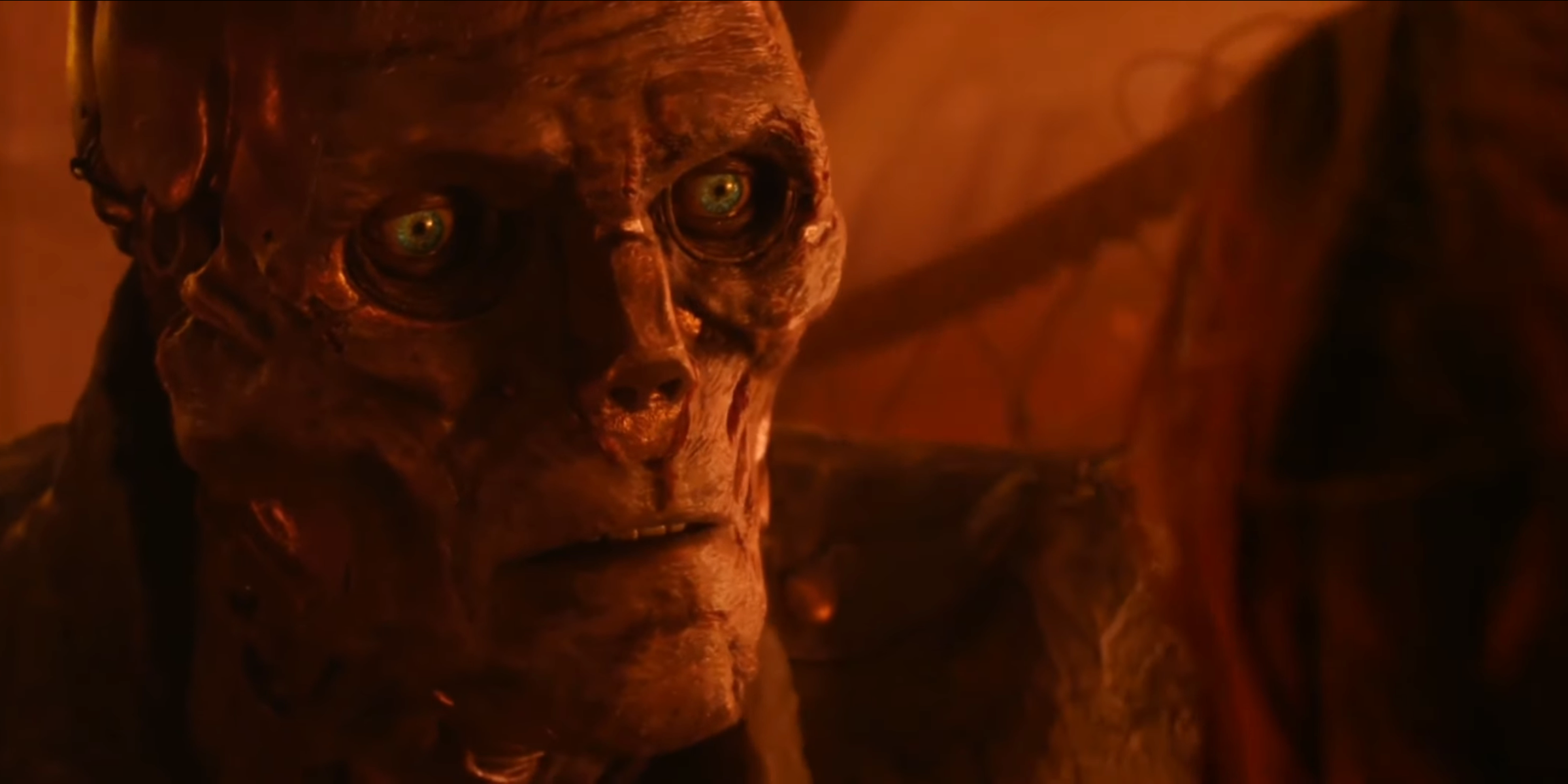Mortal Engines: simple, but effective
Mortal Engines: disturbing dystopian prophecies
Dystopian fiction gives us an opportunity to imagine what our lives might look like if we take things to an extreme version of their current state. Dystopia can often feel repetitive, melodramatic, or unrealistic, but it can also feel uncanny, disturbing, and terrifying. Dystopian fiction for young people often finds itself somewhere in between. The world of Philip Reeve’s Mortal Engines is the post-apocalyptic product of global war in which capitalism, imperialism and aggression make people do horrible things to each other and their societies.
On the one hand, Mortal Engines isn’t necessarily doing anything new. It reimagines the systems and structures of power and control and progress that already exist and places them under extraordinary circumstances to propose a scenario that we should try our best not to replicate. In this case, roving cities are great monsters of consumption and violence which quite literally prey on other groups for survival and growth. All the while you have the typical young adult tropes of a pair of young people who are from different backgrounds, thrown together by unexpected circumstances who grow close and discover they care for one another, and go about tackling the major problems of their world together (usually successfully, somehow). So no, Mortal Engines is by no means groundbreaking.
However, that’s not to say it isn’t a valuable insight into the genre. By constructing a world with similar structures and systems to our own, we’re doubtless encouraged to think about the world we’re familiar with and substitute it in place. When fictional worlds are far beyond our imagining, we risk falling into escapism and a disconnection from reality. Dystopia tries very hard not to allow us to escape and be comfortable in escapism. Instead, it takes us to the edge of what we could imagine our world being or becoming and asks us to make the logical jump ourselves. We have to do the brain work as readers so we can be fully aware of how what we read reflects or could reflect the world we live in now. In light of this, Mortal Engines may at first glance seem predictable and unimaginative but that might actually be an effective way of getting young readers to make the connections and get the most out of the message Reeve is trying to convey, that message being: greed and violence can only lead to huge disaster and tragedy for which there is no justification.
So wherever on the scale of brilliant to banal you think Mortal Engines belongs, I think this post can serve as a reminder that dystopian fiction always has something to tell us. It's not necessarily in its content but in the act of choosing this genre which calls upon us to re-evaluate the state of the world, to question authority and the way we live, and to imagine the world we want to live in.



Comments
Post a Comment